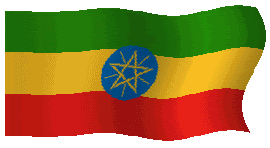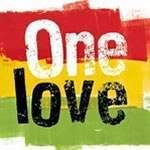As stated by the author, Marquerite Wringt, "Part of my motivtaion for writing, I'm Chocolate, You're Vanilla, is to show that most young black children are not ashamed of their race. Indeed, like young children of other races, they are incapable of feeling shame about their color or race unless they have been unduly sensitized about the issue or somehow traumatized. As a black clinical psychologist and mother of four school-age children. I am bothered that black children are routinely portrayed as disliking themselves and facing bleak futures simply because of their race. In my research and practice, I've observed just the contrary. Young black children are no different from youngsters of any other race." She continues to mention the book "offers a guide to parents, educators, and others who work with black and biracial children. It shows how an understanding of the child's perspective can help nurture and support the healthy self-images children bring to the world despite centuries of oppression and the enduring effects of racism in society today."
Jaiya John, Ph.D., an African-American adult adoptee was raised along with his younger adopted brother in a Caucasian family which lived in a predominantly Caucasian community. In his autobiography: Black Baby White Hands he writes about his personal experiences as well as providing education "to parents raising adopted children of a different race who face the important challenge of ensuring that their children grow up with knowledge and pride in their racial/cultural heritage -- keys to a cohesive, positive identity and self-esteem. This involves commitment to open communication -often initiated by parents, around..."
- the adoption story
- the reactions of others to their visibly "different" family
- the racism that exists in our society
Gail Steinberg and Beth Hall emphasize in Inside Transracial Adoption, "that parents must make it a priority to ensure that their children have regular and comfortable connection to the cultures with which society will identify them. Living in a diverse community certainly can help make this easier, but only if effort is made to make real, close connections with families of the child's birth heritage. If parents seek out experiences where they are the minority, they will also understand what it feels like to be in their children's shoes. Steinberg and Hall list the following suggestions to connect children with members of their racial culture."
- Do everything in your power to make friends with at least one family who shares your child's racial heritage, hang out in their neighborhood, giving your child a chance to make friends with kids who share her racial experiences.
- Join in recreational, religious, or educational groups or activities with members of your child's racial or ethnic group.
- Shop; go to restaurants, movies, and beauty/barber shops with people of your child's heritage.
- Seek out special events such as museum exhibits, street fairs, musical productions that are likely to be attended by people of your child's heritage.
- Choose professionals of color: doctors, dentists, and teachers, etc.
- Choose schools with diversity in mind.
- Join adoptive parent groups with other transracially adopted families, esp. families with children of the same racial heritage as your children.
“Racism is man's gravest threat to man - the maximum of hatred for a minimum of reason.”
~Abraham J. Heschel

















This is an important part of understanding the impact of your adoption. Baby "D" will be raised knowing her background as well as yours and able to acknowledge that there may be similarities as well as differences. You are embracing her, each other and the world.
ReplyDelete